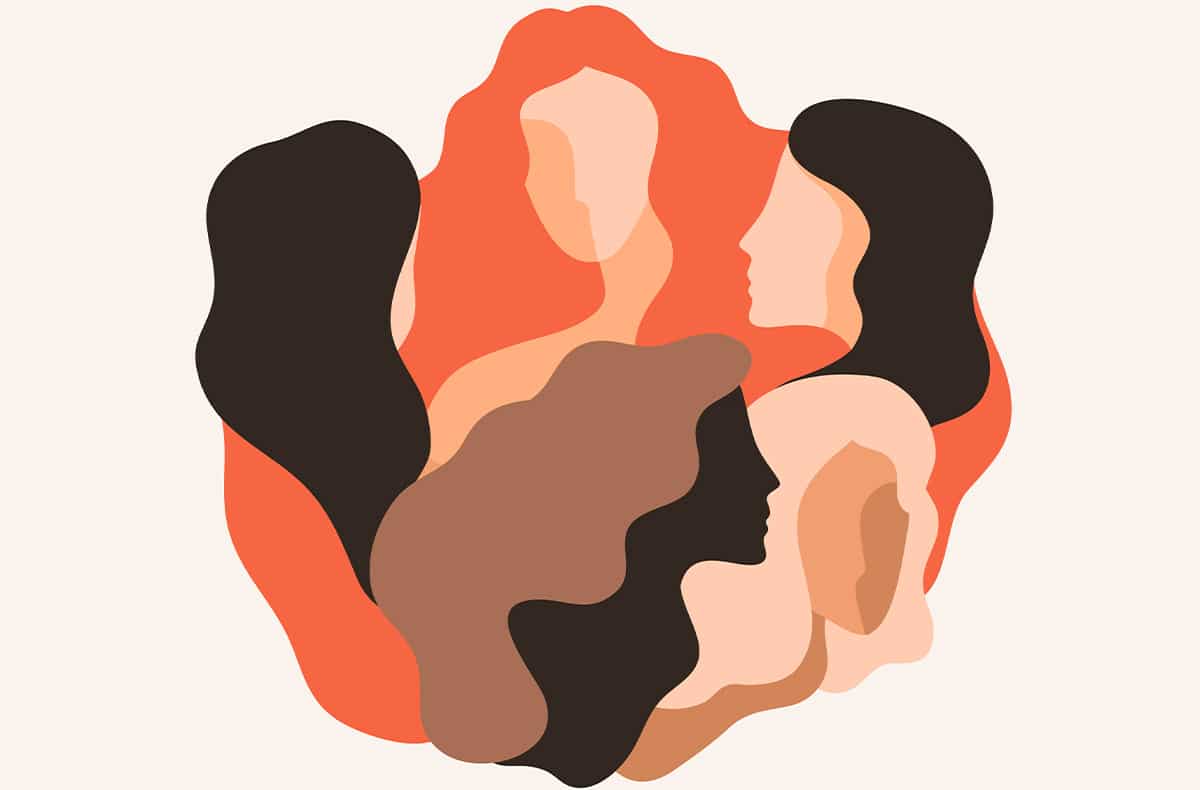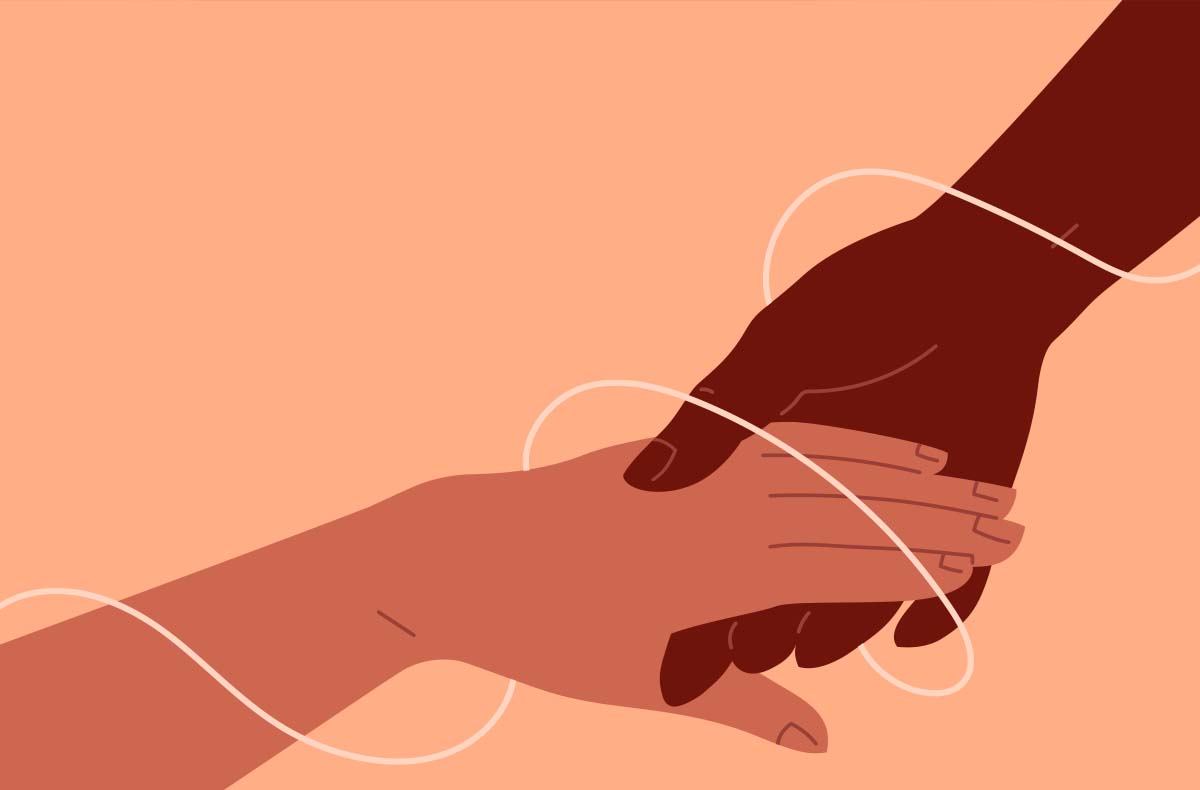
Early into our marriage, I was called into the doctor’s back room where my wife was unconscious with a camera stuck down her throat. The doctor showed me the live feed of her vocal cords and emphatically insisted she was fine. “See?! There is nothing on her vocal cords.”
“Okay,” I replied, “but my wife hasn’t been able to speak in eight months and she has a lot of other weird symptoms and constantly feels like there is a lump in her throat.”
It took several more years, a lot more symptoms and doctors before we found the answer: Hashimoto’s Disease, an autoimmune condition so common that 1 in 6 women/transmen/nonbinary people have it. Hilariously, about seven years later, I was diagnosed with it as well. Aw, hers & hers autoimmune conditions, who says romance is dead! But why was it so difficult for her symptoms to be believed?
With the overturning of Roe v. Wade, a lot of people have been talking about and thinking about healthcare and reproductive issues, particularly those facing women, transmen, and nonbinary people. This makes all the sense in the world, but these issues also go so far beyond reproductive health. (Though if you look at the maternal mortality rate — especially for Black women in the United States, which is currently on the rise — you would quickly see how these issues are extremely dire and urgent.)
I started thinking about this recently when a friend of mine hit the group-text with some concerns about her health. Several of us have some sort of thyroid condition, and we all chimed in that her symptoms sounded like ours. She said her doctor had tested her thyroid and everything was “fine.” Trusting her doctor, she believed it had been thoroughly ruled out. And look, I love and respect doctors, but I was quick to jump in and let her know I’d had the same test done and had to go to a different doctor to get more comprehensive testing before my autoimmune disease showed up. I also told her the longer story about how many years it took for my wife to get her diagnoses. I gave her the info for the doctor who finally believed and diagnosed us (why yes, she was a female doctor!)
Then we all started sharing so many of our infuriating healthcare stories. I thought about the story of my beloved relative, who literally works in medicine and knew she was having a ruptured ectopic pregnancy but was discharged. In the midst of her pain, she made her husband drive her two hours away to another emergency room — where they saved her life. If she hadn’t known what was actually happening herself, she would have died. These are a couple anecdotes from my own life and family, but they are far from rare. And the stats back it up. Research shows women are less likely than men to be prescribed pain medication after surgery, women wait 16 minutes longer than men to receive medication in an ER, and are more likely to be told their pain is psychosomatic. And these stats become even worse for Black women, BIPOC women, transwomen, nonbinary people and lesbians. Studies have shown time and again if you are not wealthy, not white and not heterosexual, you are more likely to receive suboptimal care.
This is why the time-honored tradition of the group text — or what used to be sewing circles and “gossip rings” — is so important. You are not crazy. It is not psychosomatic. If something is wrong, get a second or third or fourth opinion, and please, please talk to your friends about what is happening. Find out what they did or what their cousin’s babysitter’s dogwalker did in similar situations: it’s not just interesting, it’s vital.
We live in a world where we are being actively told we don’t matter, our health is not important, that we don’t know or understand our bodies. So, while we work to improve that on a legislative level, and while medical experts work to improve their own biases, it’s crucial for us to become experts on being our own advocates. Trust yourself, share your stories, and get loud.


